A short while ago, on September 10th 2017, a tanker full of fuel oil, named “Agia Zoni II” sank off the coast of Salamina, close to the port of Piraeus. It was carrying more than 2,500 tons of crude oil and 370 tons of marine gas oil, which spilled straight into the sea, attracting widespread media attention.
The disaster didn’t just harm the Greek state; it also caused damage to marine life, the air, people’s health, fishermen, tourism, the food chain and the beaches which turned black from the oil. In order to find out more, our editorial team visited various environmental organisations to hear what they had to say.
MOm/The Hellenic Society for the Study and Protection of the Monk Seal
We spoke with the biologist and founder member of MOm, Stella Adamantopoulou, and with the Head of Communications and Social Media Dimitris Tsiakalos
This is what they said: “We are asking people to notify us if they see a seal in danger. It is too early to say whether the seals have been adversely affected by the oil spill. Problems may well arise later, due to lack of food for example, if too many fish die and the seals can’t find food in the area. So far, we haven’t found a seal harmed by the oil spill in the Saronic Gulf. In any case, even if the oil comes into contact with their fur it doesn’t actually matter because they shed their fur regularly.”
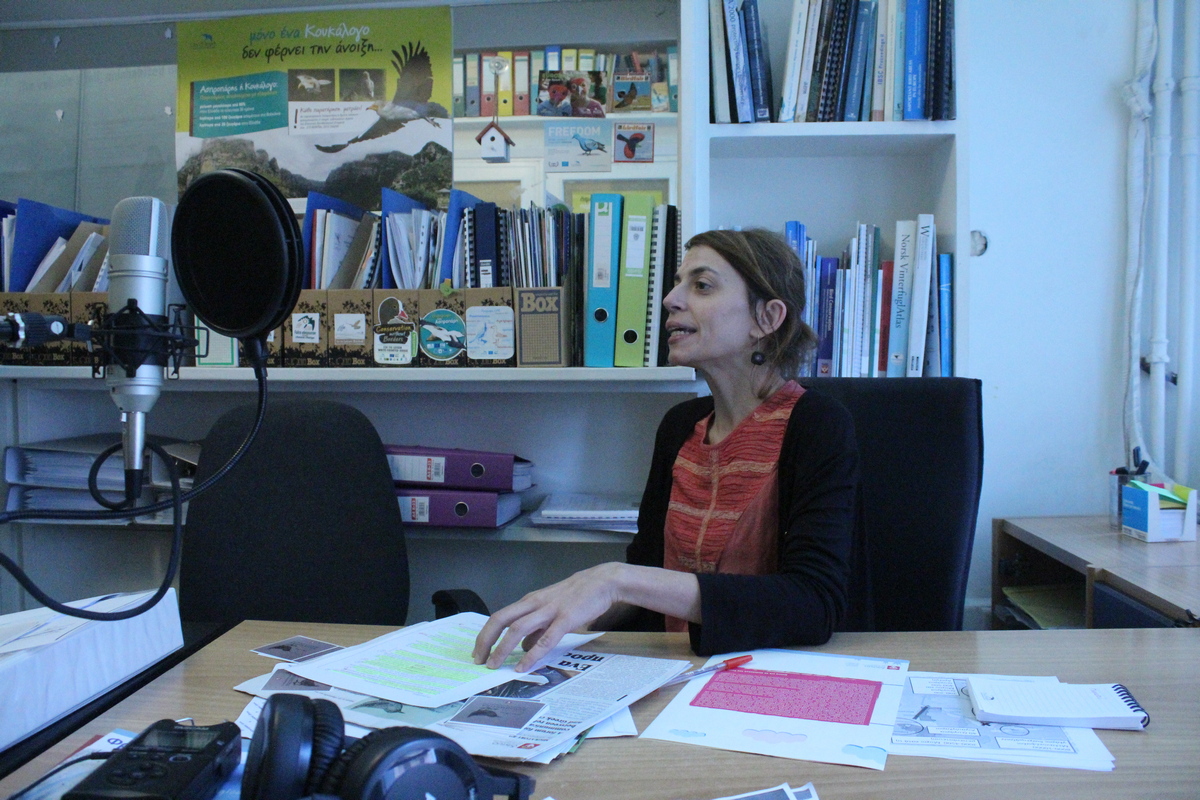
Hellenic Ornithological Society
We spoke with Eugenia Panoriou, Environmental Education Officer at the Hellenic Ornithological Society.
This is what she said: “We don’t yet know the exact number of birds that have been affected by the oil spill. Up to now we have found less than ten birds coated in oil, but we don’t know how many bird species have been affected because they are hard to identify and are at quite a distance. The Saronic Gulf is very important for birds because it contains many small islands that birds use for nesting, stopovers and food. When a bird’s feathers get covered in oil, the waterproofing is destroyed and this is what causes problems. We have plans to explore the area and all the small islands in order to determine the extent of the damage”.
Mediterranean SOS Network
We spoke with Christina Kontaxi, the General Director of Mediterranean SOS Network. This is what she said: “As soon as this sort of disaster happens, not just in Europe but elsewhere too, a coordinated cleaning programme is launched. Right now in Greece, because of the extent of the spill, many private companies have already begun action in the Saronic Gulf and its shores. They are charting the area in order to find out how long it will take to remove the oil completely.”
“All environmental organisations are following the matter very closely and we will maintain pressure until we find out exactly what happened to the tanker ‘Agia Zoni II’. Justice will prevail.”
“It is very difficult to remove oil from water, sand or pebbles because it requires specific equipment and specialist know-how. Of course, there are companies that do this and the oil that they retrieve can be re-used.”
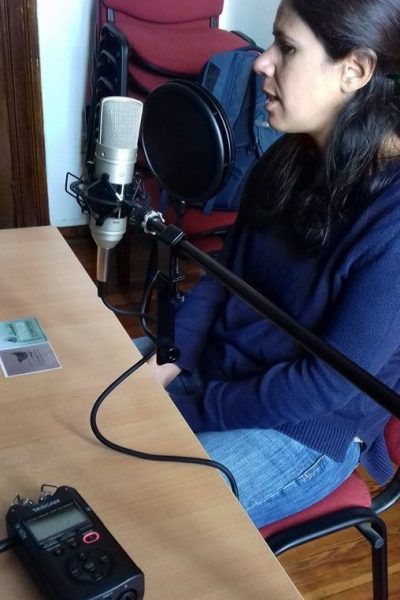

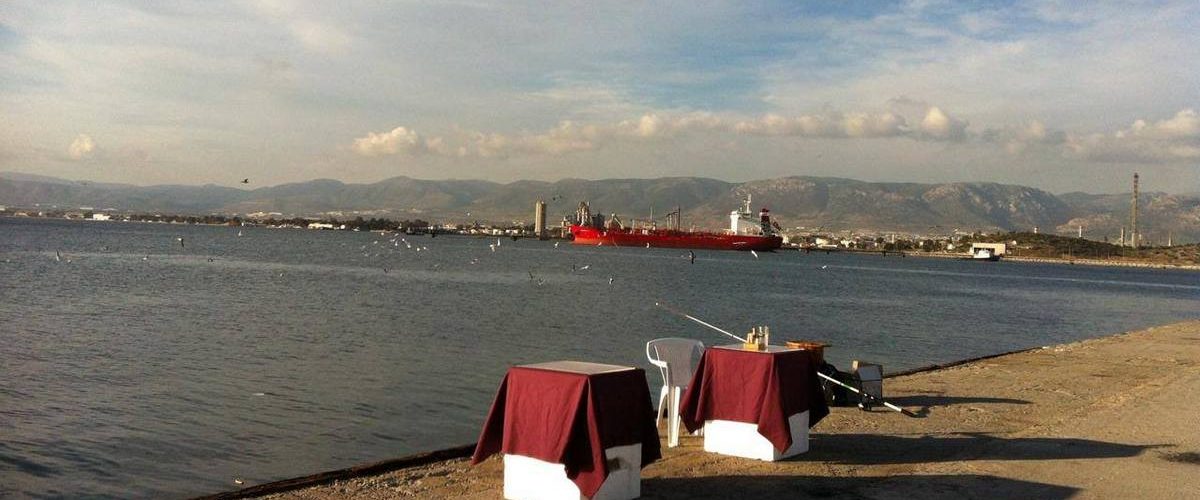
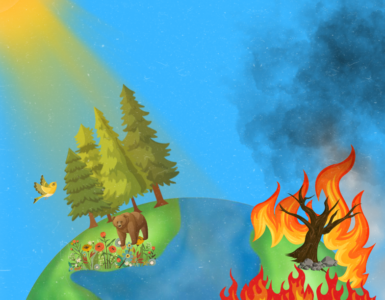
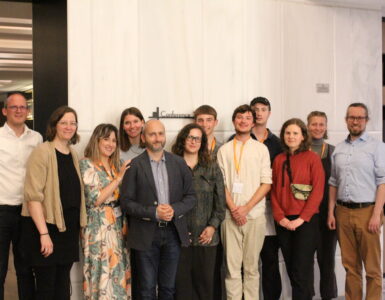





Add comment